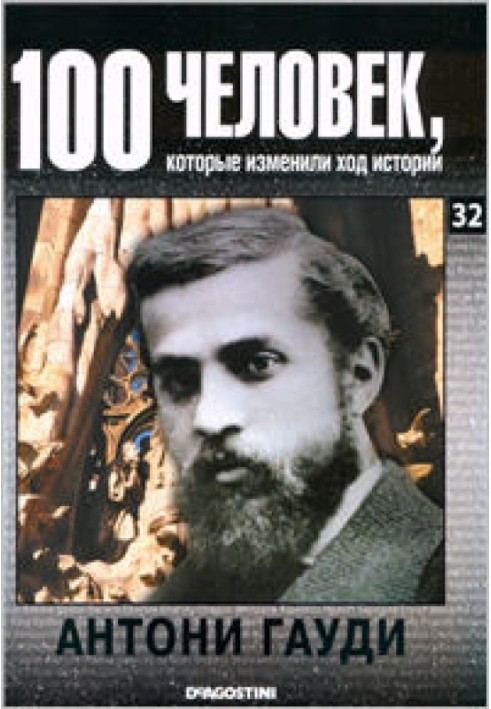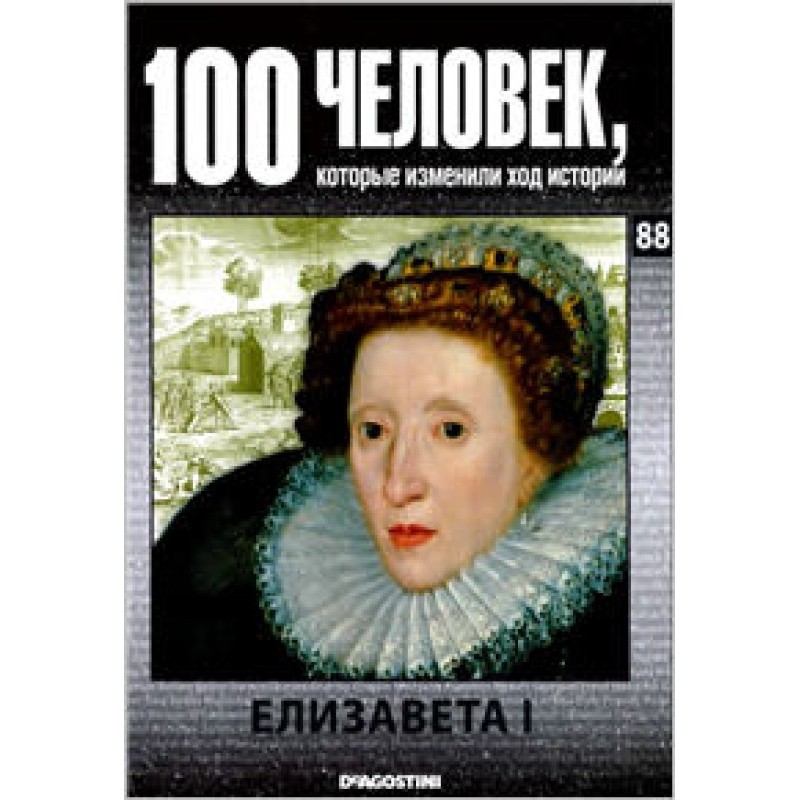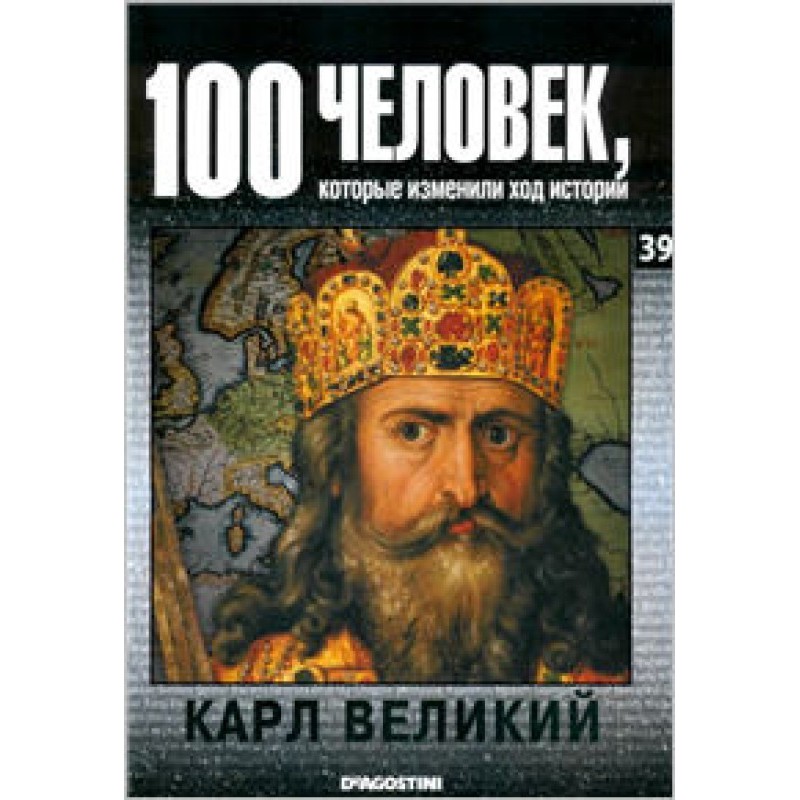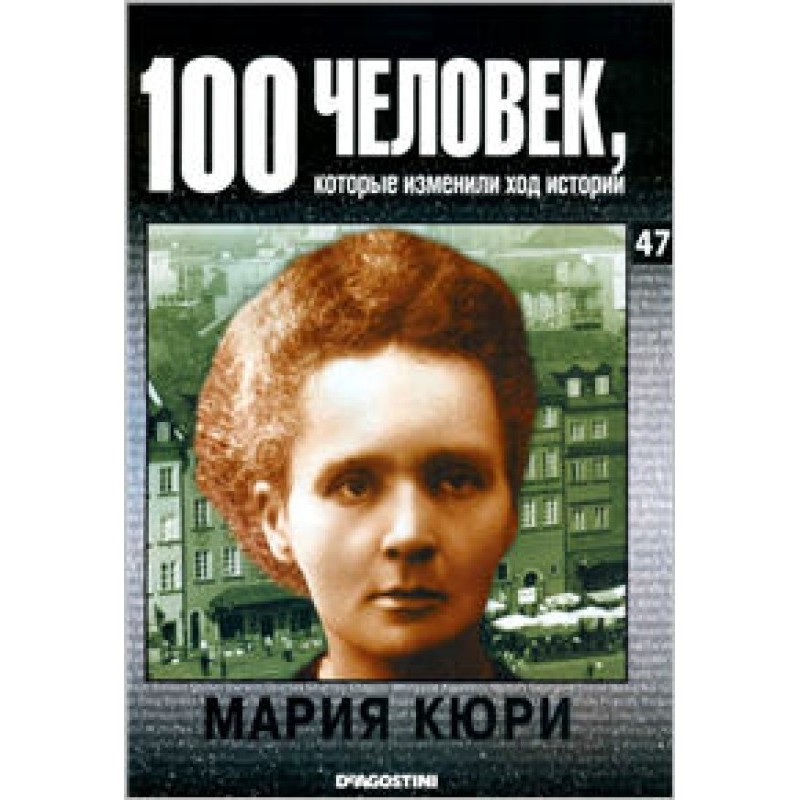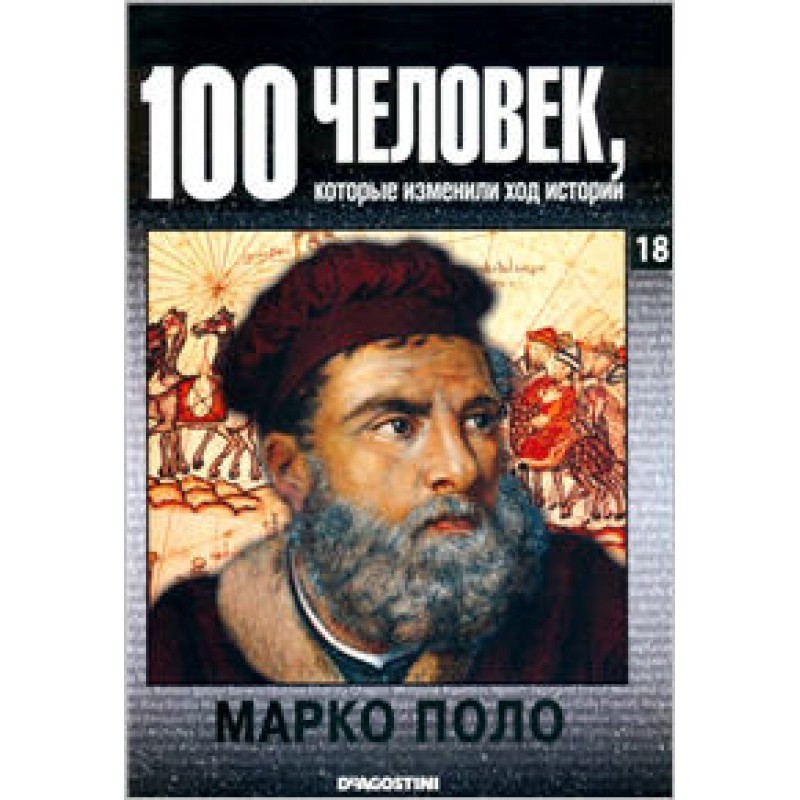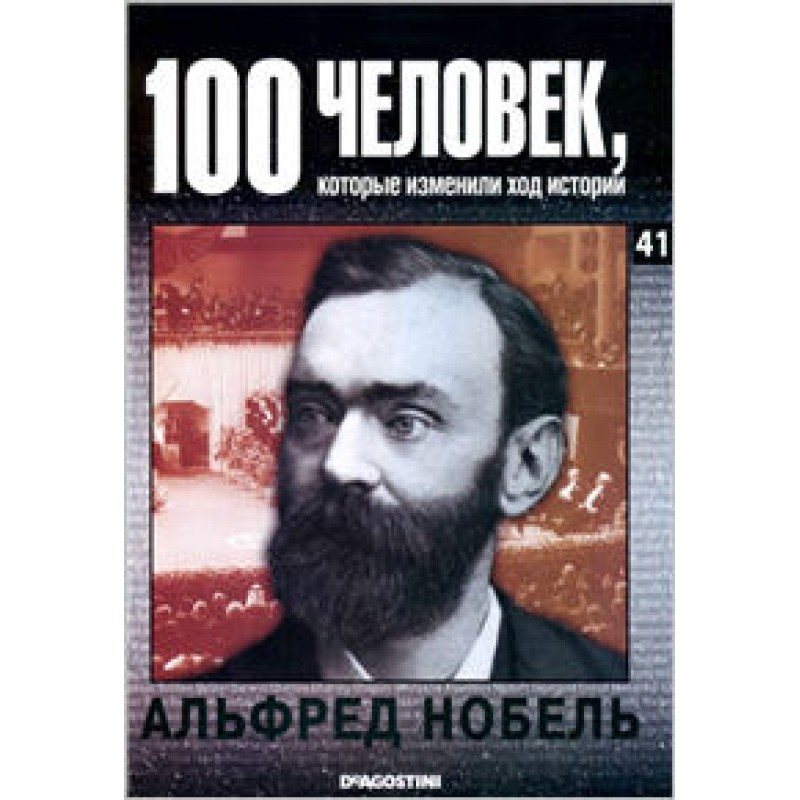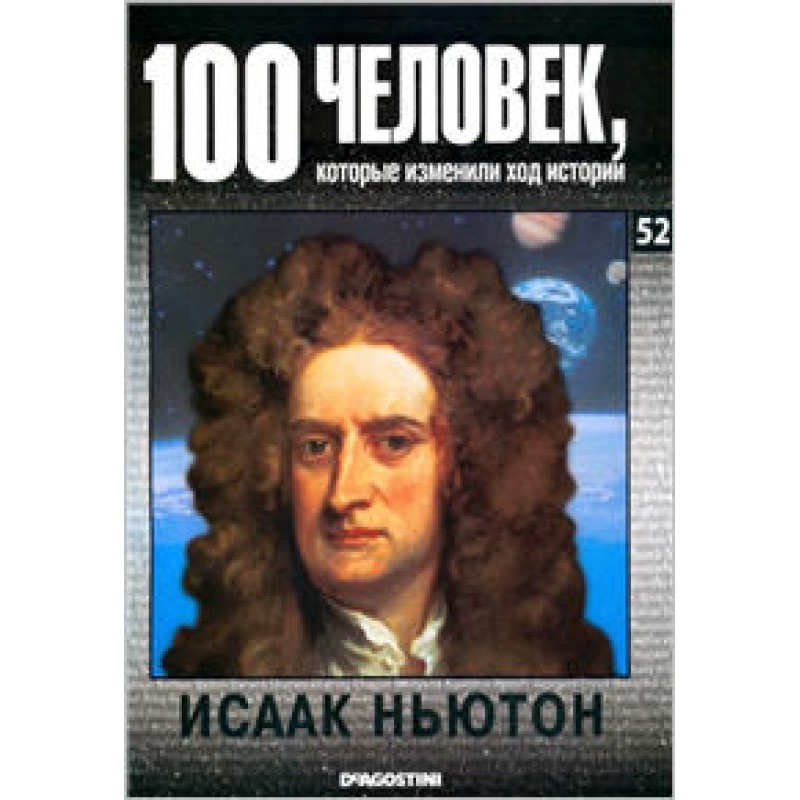Antoni Gaudi
 Instant download
Instant download
after payment (24/7)
 Wide range of formats
Wide range of formats
(for all gadgets)
 Full book
Full book
(including for Apple and Android)
At the end of the 19th century, Catalonia, a historical region in northeastern Spain, experienced a powerful cultural upsurge, which is commonly called the “Catalan Renaissance.” This was most clearly manifested in architecture and, above all, in the work of the outstanding representative of European Art Nouveau, Antoni Gaudi (1852-1926). This original master considered himself a Catalan and therefore, even when talking with the king of Spain, he preferred to speak Catalan. Thus, it is more correct to pronounce his name not “Antonio” in Spanish, but “Antoni” in Catalan. Gaudi professed the principles of “natural architecture”: you just need to observe nature and follow its patterns. This “only” was expressed in completely inimitable forms, not subsequently repeated by anyone. Since 1868, Gaudí's life has been connected with Barcelona, whose appearance, like the entire culture of Catalonia, had a strong influence on him. In fanciful buildings he achieved the impression of fantastic, as if hand-sculpted architectural forms. His work is diverse: religious architecture, private and apartment buildings, landscape architecture. The most grandiose creation of Gaudí is certainly the Cathedral of the Holy Family (Sagrada Familia), which has become one of the main attractions of Barcelona. Unfortunately, Gaudi was never able to complete this work: he died in an accident and was buried in the script of the cathedral he had not completed. Gaudi's creations forever defined the appearance of Barcelona, his legacy had a significant influence on postmodern architects.
Data sheet
- Name of the Author
- Анастасия Жаркова Евгеньевна
- Language
- Russian
Reviews
Вражаюча подорож у світ геніальної архітектури!
Книга про Антоні Гауді - це не просто біографія видатного архітектора, а справжня подорож у часі, що дозволяє читачеві зануритися в атмосферу Каталонії кінця XIX століття. Автор майстерно описує не лише життєвий шлях Гауді, а й культурний контекст, в якому він творив. Читач дізнається про його унікальний підхід до архітектури, що базується на спостереженні за природою, і про те, як це вплинуло на його творчість. Особливо вражає опис собору Святого сімейства - його грандіозність та незавершеність надають цій будівлі особливого шарму. Книга також містить багато ілюстрацій, що допомагають краще зрозуміти архітектурні рішення Гауді. Рекомендую цю книгу всім, хто цікавиться архітектурою, мистецтвом та історією, адже вона відкриває нові горизонти розуміння творчості одного з найяскравіших представників європейського модерну.

